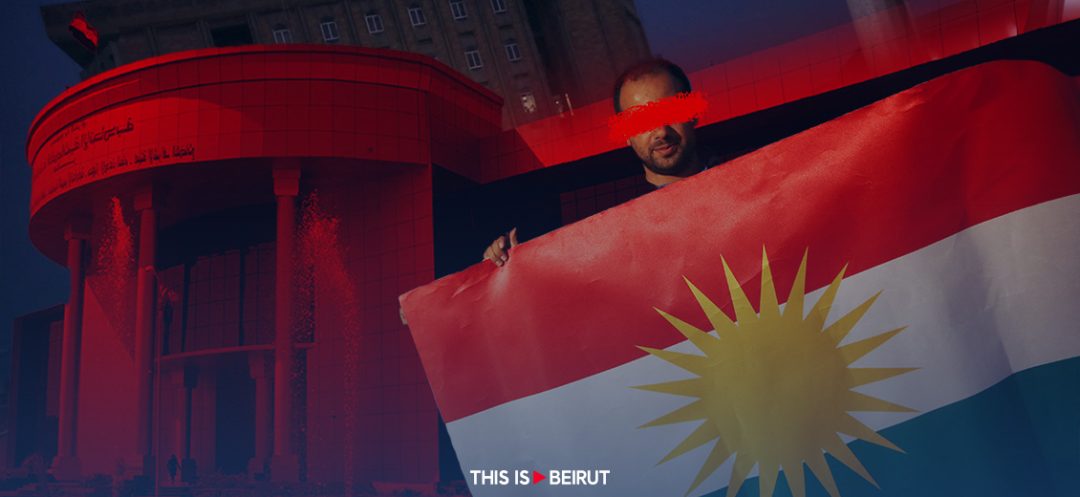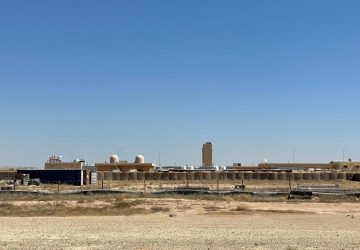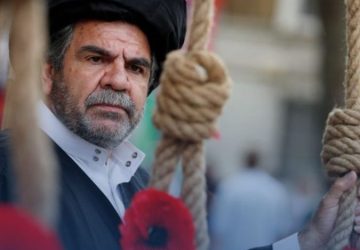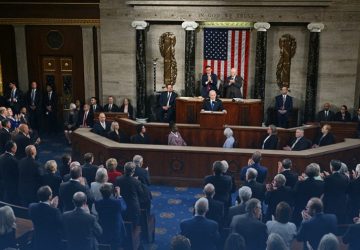The decision issued by the Iraqi Supreme Court to abolish the minorities’ quota in the Kurdish Regional Parliament is extraordinary in several ways and reveals a lot about Iraq’s current political dynamics and the way Iraq is heading.
Many international organizations concerned with the minorities of the Middle East in general and the Christian minorities in particular were very apprehensive about this decision and considered it another blow to the remaining few, notably those finding refuge and a haven in the Kurdistan Regional Government. This may be true in oversimplistic terms and the psychological effect it will have on these minorities. However, a deeper look is required to better understand the causes and repercussions of such a decision.
- The quota is not necessarily positive
There is a huge debate in the study of the electoral system about the benefits and disadvantages of the quota system, be it for minorities or social groups like women and youth. The main problem with the quota in the case of minorities is how truly representative it is of the groups it is supposed to represent, especially if the electorate (the voters) is not segregated in a way to allow the minority to elect its own representatives.
If they are segregated, the tendencies of the candidates and the voters will become more and more exclusive and extreme, separating the minority from its surrounding environment and causing a bigger divide in society. If the voters are not segregated, it will always mean that the majority will choose the representatives of the minority, and consequently, the people who claim to represent the minorities will follow the political agenda of the majority parties that elected them rather than the minorities themselves.
This problem becomes more evident and drastic whenever the percentage of the minority is smaller. Today in Iraq, all the Quota seats for Christians in the Iraqi parliament are controlled by the Babylon Movement, closely allied to the main Shiaa coalitions (and PMF), while all the Quota seats for Christians in the Kurdistan parliament are controlled by the KDP, Barzani’s ruling Kurdish party. Many Christians indeed feel that neither Babylon/PMF nor the KDP represent them, and the fact is that the two did not get the majority of the Christian votes in the past elections.
It is noteworthy that the women’s quota in the Iraqi parliament was extremely well manipulated by the Islamist Sadr Movement in the last election, and this manipulation enabled it to hold most of the women’s quota seats (with fewer votes) before the movement decided to resign from parliament.
- Minorities: fuel for a power struggle
The different powers in Iraq realized how strategic the issue of minorities is, starting from their geographic presence in the center of Iraq (Diala, Kirkuk, and Nineveh) to the importance that “protection of minorities” is to international public opinion and the amounts of funding that it attracts.
They became the fuel for the main power struggle in the country. On one hand, the main Shiaa groups wanted to establish a non-extremist image that was willing to defend and die for non-Shiaa regions and protect the minorities from ISIS attacks. They helped establish, train, and fund a Christian brigade in the Popular Mobilization Forces that later became the Babylon Movement, which took military, economic, and political control of the Nineveh Governorate.
On the other hand, the KDP ruling party in Kurdistan presented itself as the protector of minorities, received a huge number of refugees (notably Christian and Yezidi), and established a constitutional and legal framework that is much more accommodating and welcoming to minorities than the rest of Iraq. The Kurdish authorities recognize 8 different religions, while the Iraqi ones recognize only 4; the Kurdish ministry of Islamic endowment was transformed into the Ministry of Endowments & Religious Affairs and included a department that represents different non-Muslim minorities and coordinates the management of their endowments; a Kurdish Ministry for Minorities was created; and a law on the protection of minorities (Law No. 5) was passed.
It is difficult to remove the recent Supreme Court decision from this political power struggle and the wish of the central Iraqi government to remove the “minorities protection” card from the hand of the KRG.
- Another blow to Kurdish autonomy
Since the peak of the push for Kurdish autonomy and the failed attempt to achieve independence with the referendum in 2011, Kurdish autonomy has received significant blows and direct challenges from the pro-Iranian central government. ISIS’ invasion, the contested areas (Kirkuk – Nineveh), the petrol export, the Kurds in Turkey and Iran, the financial restriction, the percentage of the national budget, salaries of the public servants, and many other issues saw a confrontation between the KRG and the central government in the past decade, and in almost all of them, the KRG came out as the losing party.
Iran has previously used its direct and indirect tools to whip KRG in its place, and only since the beginning of 2024 have we seen the assassination of Kurdish businessman Peshraw Dizayee by a direct Revolutionary Guard ballistic missile that hit Erbil city; several drone attacks on Erbil airport and US interests in the city; a drone attack on a Peshmerga Post; continuing anti-government protests in Sulaymaniyah; guide efforts to unite the Kurdish opposition parties; and several other challenges. Today, the Iraq Supreme Court’s decision seems to be hitting the same nail.
The different components of the Iraqi Supreme Court decision that negate the extension of the parliamentary term, force changes on the electoral districts, put KRG elections under the authority of the Iraqi High Electoral Commission, and cancel the minorities’ quota all seem to be complementary to a clear decision to limit the control of the KDP over Kurdistan in favor of Iran’s friends in the Kurdish opposition. This direct challenge of the stronghold of the KDP over Kurdistan follows several decisions by the central authorities (executive, legislative, judicial, and financial) in the past 18 months that show a clear wish by Iran and its allies to tighten the grip over Iraq and all the different aspects of Iraqi political, economic, financial, social, and religious life.
So, despite its direct effect on minorities in Kurdistan, the Supreme Court’s decision has broader repercussions and poses a serious challenge to the authority of the KDP and the autonomy of the Kurdish Regional Government. While putting this piece of the puzzle within the larger playing board of the Middle East, the Iranian overarching strategy of control, and the need to keep “free” income-generating pockets that can generate hard currency and diffuse some of the economic pressure that Iran is suffering from, rather than the direct target of this latest challenge, minorities seem to be collateral damage.
How far the pro-Iranian central government is willing to go and how long the Kurdish authority can hold on while facing such pressure remains to be seen.





